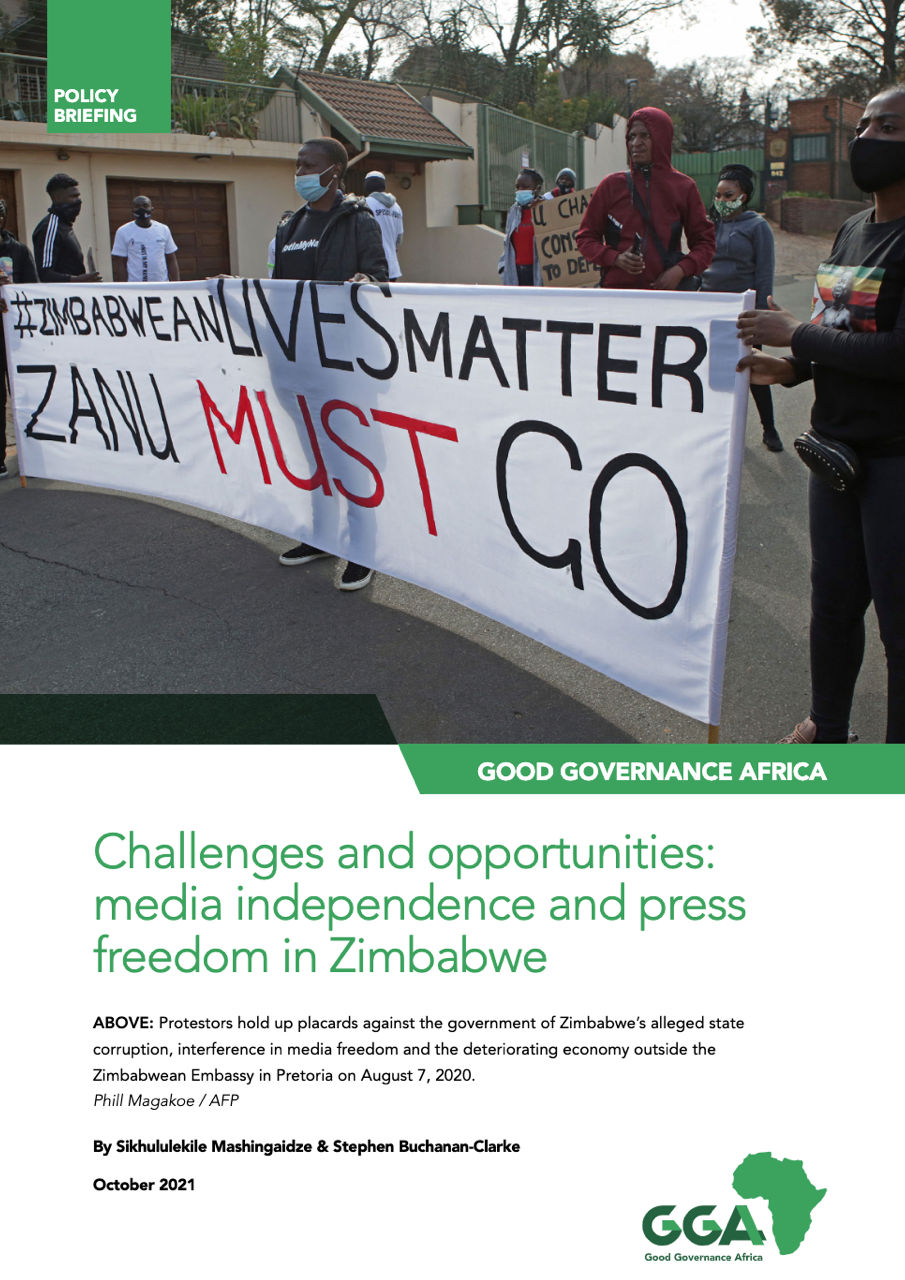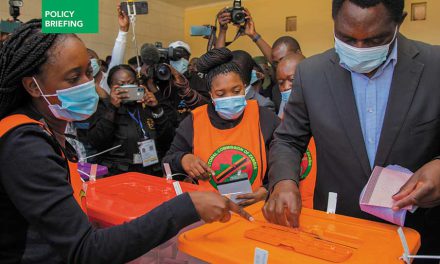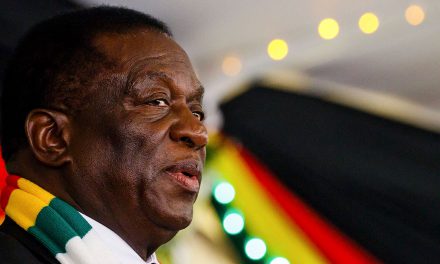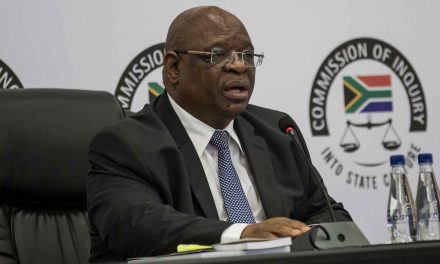The 2013 Zimbabwean Constitution’s well-articulated provisions for media freedom are in stark contrast to the fragility of the country’s current media landscape, 41 years after the attainment of independence. The Zimbabwe Media Commission (ZMC) is a constitutional body mandated with functions that include the duty to uphold, promote and develop media freedom, enforce good practices and ethics, as well as fair competition and diversity. However, that the ZMC chairperson and its eight other members are presidential appointees poses a challenge for ZMC’s operational independence. The 2013 Constitution’s Part 5. Section 248. Part 1a) notes that a chairperson is ‘…appointed by the President after consultation with the Committee on Standing rules and orders;’ and Part b cites eight other members appointed by the President from a list of 12 nominees submitted by the same committee. This is a structural problem within the Constitution itself, as it enables disproportionate executive influence and curtails the commission’s independence in its primary mandate to uphold, promote and develop freedom of the media. Sections 61 and 62 of the Constitution, however, outline ordinary citizens’ and journalists’ rights to freedom of expression, freedom of the media and the right of access to information. Although subject to restrictions in contexts of defence, public security, or professional confidentiality, these freedoms include citizens’ right of access to information for public accountability and stipulate journalists’ right to protection of the confidentiality of their sources of information. The Constitution further specifies the freedom of all state-owned media to independently determine the editorial content of its broadcasts, be impartial and afford fair opportunity for the representation of divergent views and dissenting opinions.











